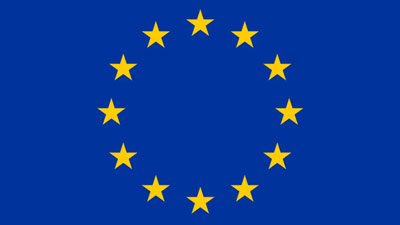EINST4INE’s supervisors Henry Chesbrough, Justyna Dąbrowska, Agnieszka Radziwon, Paavo Ritala, Alberto Di Minin, participated in the World Open Innovation Conference 2021 on “Building Successful Ecosystems Through Open Innovation.”
They presented, chaired, and discussed in several parallel sessions, workshops, and closing remarks during the two days of the conference, as listed in the schedule below.
Thursday, 9 December 2021
Track 2: The role of venture capital in open innovation
Track 5: Building open innovation ecosystems
Track 6: Inter-organisational collaboration in open innovation
Session 4: OI and ecosystem development for grand challenges
Keynote – The State of Open Innovation
Friday, 10 December 2021
Workshop: Research in R&D Management – Past Experiences and Future Trends
Track 1: Data and open innovation
Track 3: SMEs and open innovation
Track 4: Digital transformation and open innovation
Track 7: Open innovation management challenges
For more information visit the WOIC website: https://worldopeninnovation.com/event/woic-december-2021/
Jessica Fishburn presented at this event during her secondment atARENA2036
EINST4INE: The European Training Network for InduStry Digital Transformation across Innovation Ecosystems
Einst4ine (at) rmit.edu.au

This project has received funding from the European Union’s Horizon 2020 research and innovation programme under the Marie Skłodowska-Curie grant agreement No 956745. Results reflect the author’s view only. The European Commission is not responsible for any use that may be made of the information it contains.

This project has received funding from the European Union’s Horizon 2020 research and innovation programme under the Marie Skłodowska-Curie grant agreement No 956745.
Results reflect the author’s view only. The European Commission is not responsible for any use that may be made of the information it contains.